Embolic Stroke
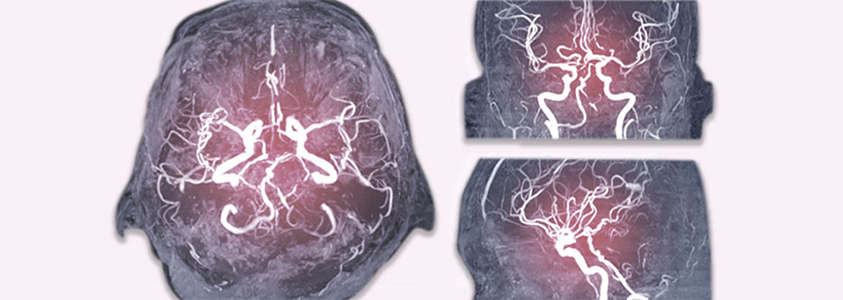
When a blood clot that forms somewhere else in the body ruptures and travels to the brain via the bloodstream. The clot lodges in an artery and clocks blood flow causing a stroke. It is a type of an ischemic stroke. If the artery stays blocked for a while it leads to brain damage.
What are the symptoms of Embolic stroke?
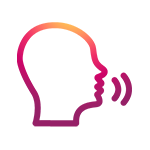



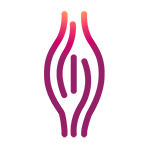






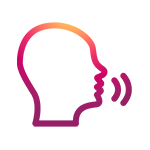

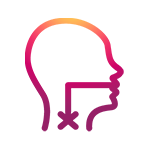

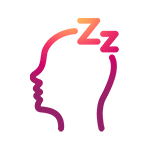
Blood clots that cause an embolic stroke can occur anywhere but are usually formed in the heart or arteries of the upper chest and the neck. The clot travels through the bloodstream to the brain after breaking free. When the clot enters a blood vessel that is too small for it to pass, the clot becomes stuck, thus, blocking the blood flow to the brain. These blockages are called emboli. These can form from air bubbles, fat globules, or plaque from an artery wall.
Emboli can also be a result of an abnormal heartbeat known as an atrial fibrillation. The heart doesn’t beat efficiently, it can cause the blood to pool and clot.
Less frequent causes of Embolic Strokes
- Septic Emboli
- Atmospheric Air
- Embolic Myxoma
- Deep Venous thrombosis
Depression is usually recognised by either family or friends. It is imperative to let doctors know if you present with depressive symptoms. The doctor will ask a few questions about the symptoms, health and family history. They might also give you an exam to understand your neurological state and also conduct some tests.
To determine the right treatment for the stroke, neuro doctors will have to first check to analyse the areas of the brain affected by the stroke and rule out any other possible causes with similar symptoms. After the initial prognosis, the doctors will run various other tests and physical examinations to understand the patient’s blood pressure, heart beat, family’s medical history and check for signs of blood clots.
Diagnostic tests
- Blood tests
- CT Scan
- MRI
- Echocardiogram
- Cerebral angiogram
- Carotid ultrasound
Adequate blood flow has to be restored to the brain in order to treat a stroke. Depending on the severity of the stroke, the treatment might vary. It might either be medication or surgery or other procedures.
Medication
- Aspirin
- Intravenous injection
- Plasminogen activator
Emergency Procedures
- Medication fed directly to the brain through a catheter
- Mechanical clot removal
Surgical Procedures
- Carotid Endarterectomy
- Angioplasty and Stents

